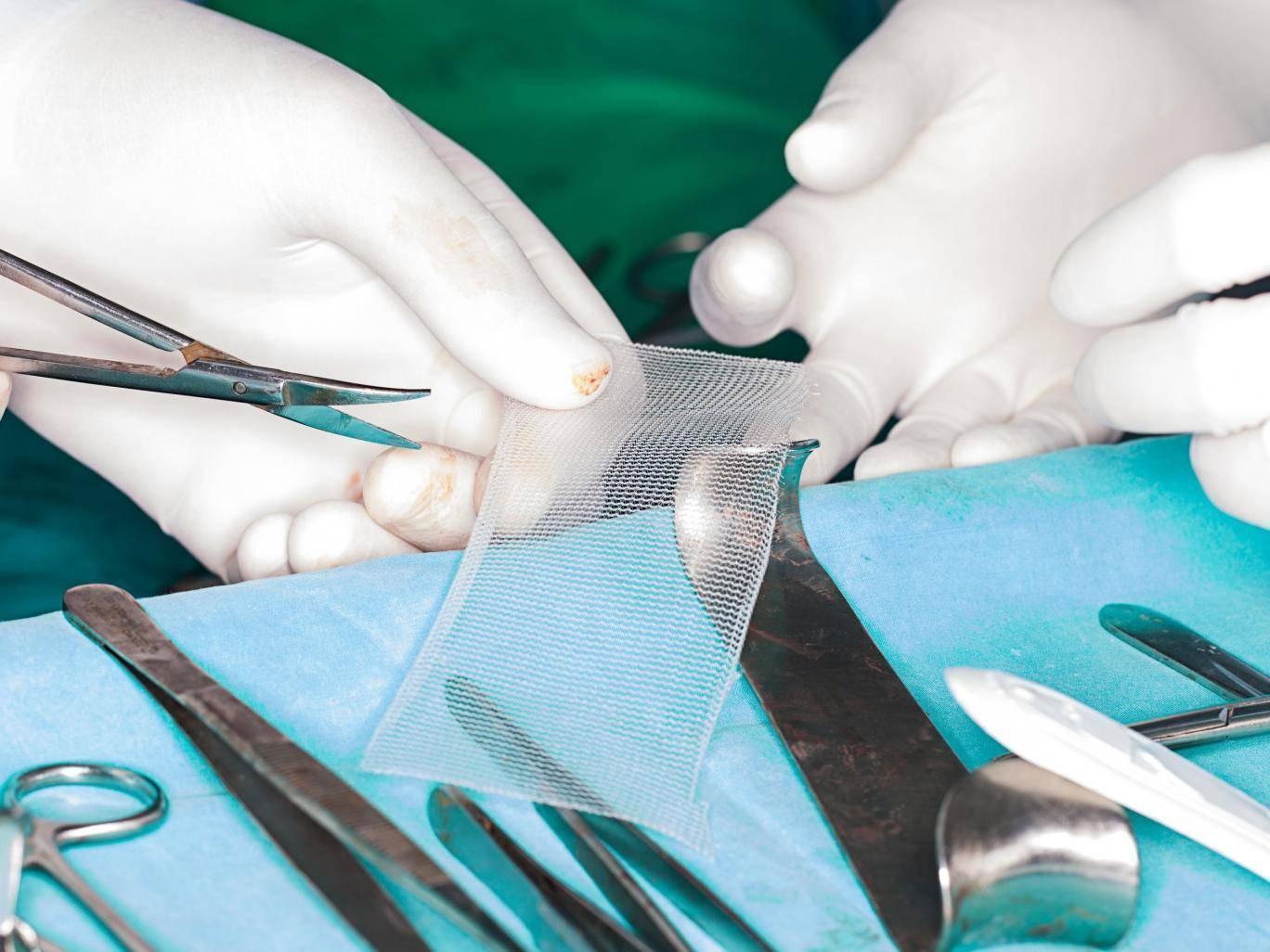One million women were given a drug 40 times stronger than the contraceptive pill – they still don’t know why
Hormone pregnancy tests were withdrawn from the market in the UK in the late 1970s

Your support helps us to tell the story
From reproductive rights to climate change to Big Tech, The Independent is on the ground when the story is developing. Whether it's investigating the financials of Elon Musk's pro-Trump PAC or producing our latest documentary, 'The A Word', which shines a light on the American women fighting for reproductive rights, we know how important it is to parse out the facts from the messaging.
At such a critical moment in US history, we need reporters on the ground. Your donation allows us to keep sending journalists to speak to both sides of the story.
The Independent is trusted by Americans across the entire political spectrum. And unlike many other quality news outlets, we choose not to lock Americans out of our reporting and analysis with paywalls. We believe quality journalism should be available to everyone, paid for by those who can afford it.
Your support makes all the difference.Families who suffered avoidable harm as a result of hormone pregnancy tests have been “side-lined and stonewalled”, a group of MPs said as they called for a fresh review into evidence.
MPs said the suggestion there is no proven link between the hormone pregnancy test Primodos and babies being born with malformations is “factually and morally wrong”.
A report by the All Party Parliamentary Group (APPG) on Hormone Pregnancy Tests claims evidence was “covered up” and it is possible to “piece together a case that could reveal one of the biggest medical frauds of the 20th century”.
Around 1.5 million women in Britain were given hormone pregnancy tests between the 1950s and 1970s.
Campaigners have said women were instructed to take the drug – which is 40 times the strength of an oral contraceptive pill – by their GPs as a way of finding out if they were pregnant.
Hormone pregnancy tests were withdrawn from the market in the UK in the late 1970s and manufacturers have faced claims the tests led to a number of adverse outcomes including birth defects and miscarriages.
An expert working group was convened in 2017 but the APPG said there were flaws in the report published by the group and questions around the process that was followed.
The APPG said the subsequent review, the Independent Medicines and Medical Devices Safety, recommended an “independent review of the expert working group review”.
The MPs called on ministers to commission such a review and make it “independent” from the Medicines and Healthcare products Regulatory Agency (MHRA) and the Department of Health and Social Care.
The new report said MPs have “heard countless stories of sorrow and anger after a lifetime spent needlessly and irreparably damaged both physically and mentally”.
It added: “Mothers continue to be burdened by the guilt of having taken the tablets.
“Parents of the affected children, now in their 70s and 80s, are deeply anxious about what will happen to their adult children when they are no longer there for them.”

Yasmin Qureshi, chair of the APPG, said the report calls on the Government to “finally do the right thing”.
She told the PA news agency: “The report brings together the crucial parts of the historic research that has exposed the scandal that is at the heart of this campaign. This is the evidence that the Government chooses to ignore.
“The report sets out the new scientific evidence which was recently published by a team led by Swedish scientist Professor Danielson.
“It asks, why does the Government continue to rely so heavily on the expert working group report, when the findings, and how it came to achieve those findings, are so flawed?
“The reports pulls apart the key arguments in the expert working group review. It questions its lack of independence, transparency, and most of all its judgment in how it came to conclude that there was ‘no casual association’ when its term of reference had said it must look for a ‘possible association’.
“Just like thalidomide, it is impossible to prove causation unless the drug was tested on pregnant women and they know this.
“One of the key recommendations of our report is that we urgently need an independent review of the expert working group report. The Government must now pay attention and do the right thing.”

Marie Lyon, chairwoman of the Association For Children Damaged by Hormone Pregnancy Tests, said there is evidence which refutes the conclusions of the expert working group report, adding: “I await a positive response to our request for a completely independent review of all evidence.”
A Department of Health and Social Care spokesperson said: “We remain hugely sympathetic to the families who believe that they or their children have suffered following the use of hormone pregnancy tests.
“It is right that the Government is led by the scientific evidence and the Government’s position remains that, after reviewing the available evidence, it does not support a causal association between the use of hormone pregnancy tests and adverse outcomes in pregnancy.
“We are not closing the door on those who believe they have been affected and have committed to reviewing any new scientific evidence which may come to light.”
Join our commenting forum
Join thought-provoking conversations, follow other Independent readers and see their replies
Comments